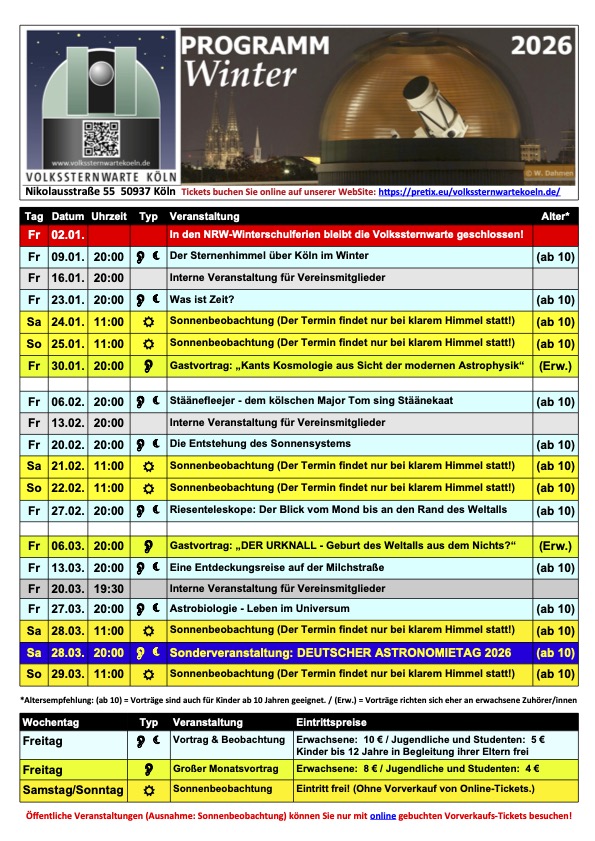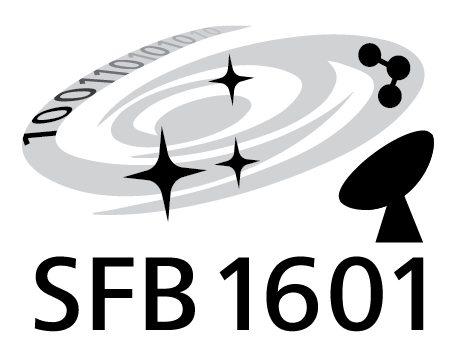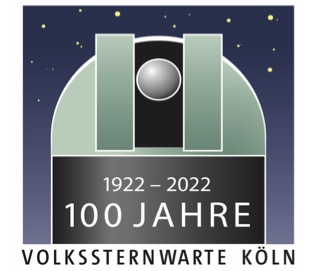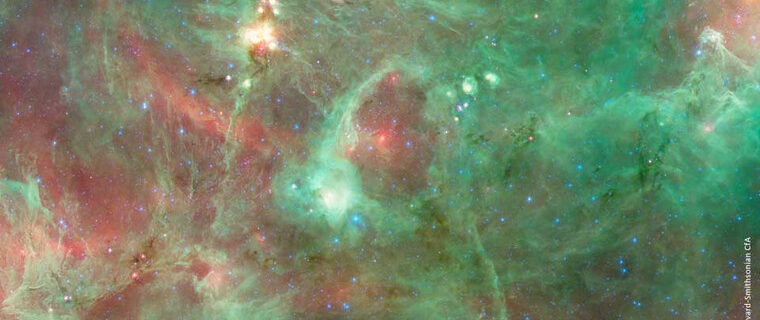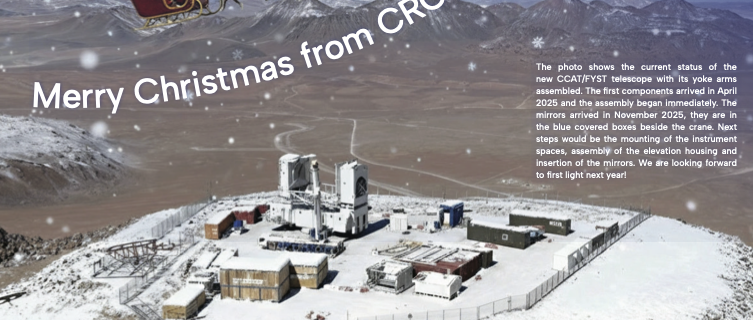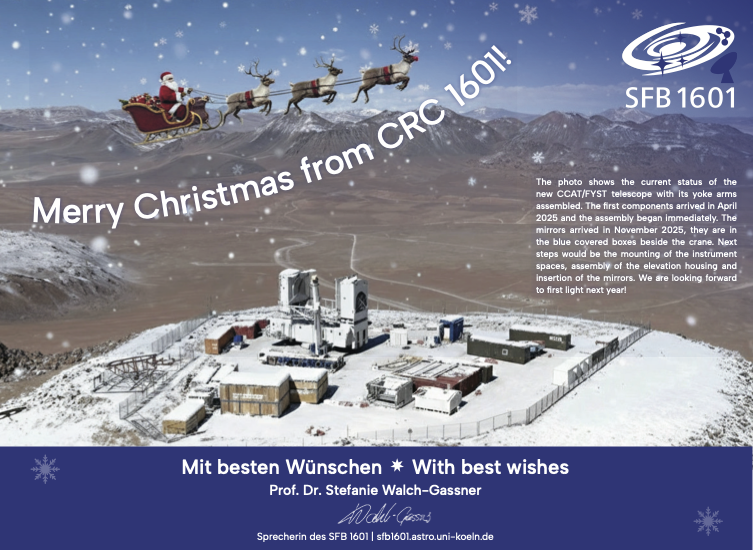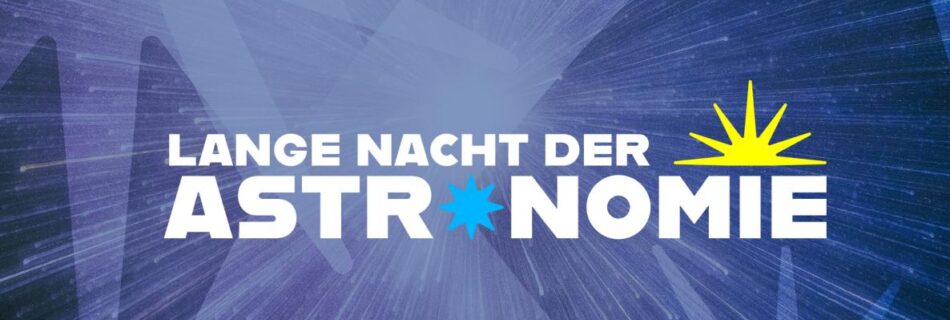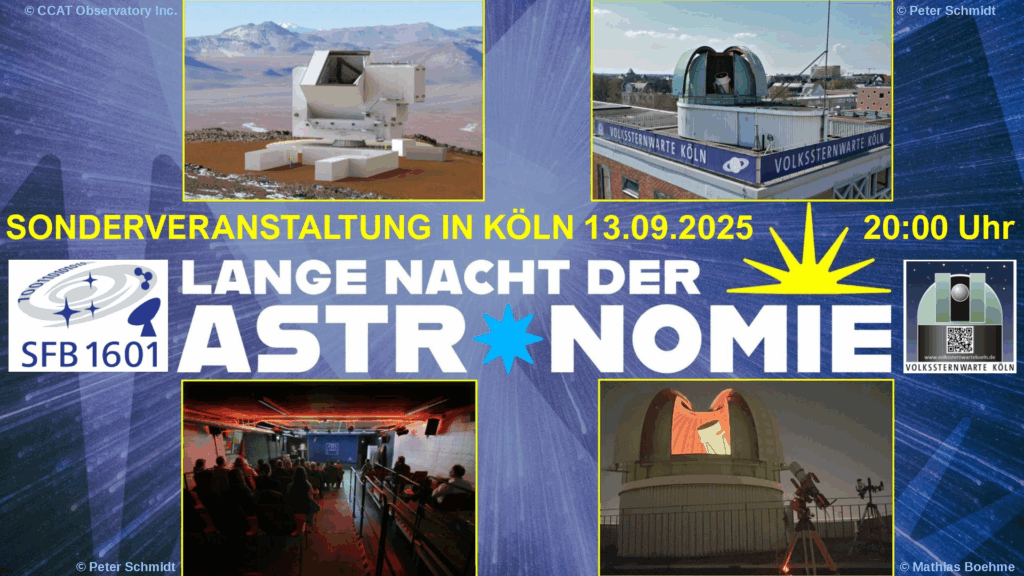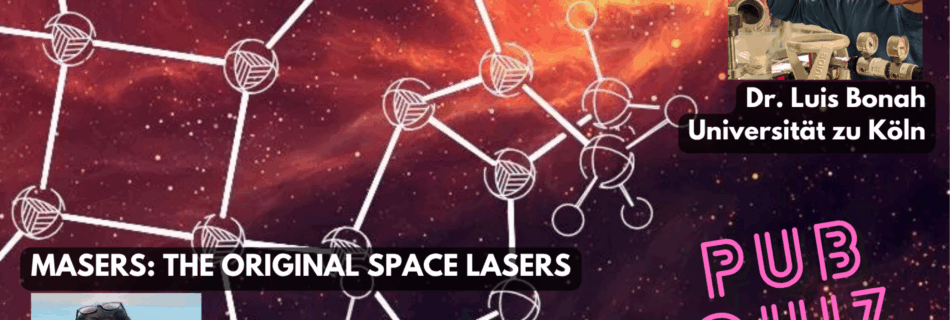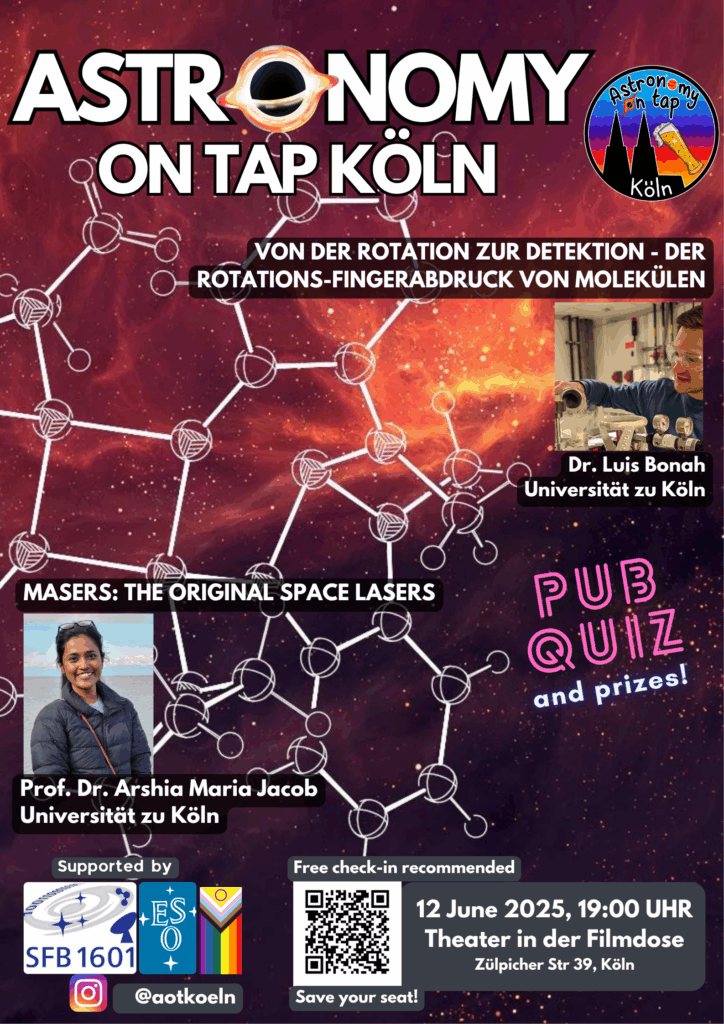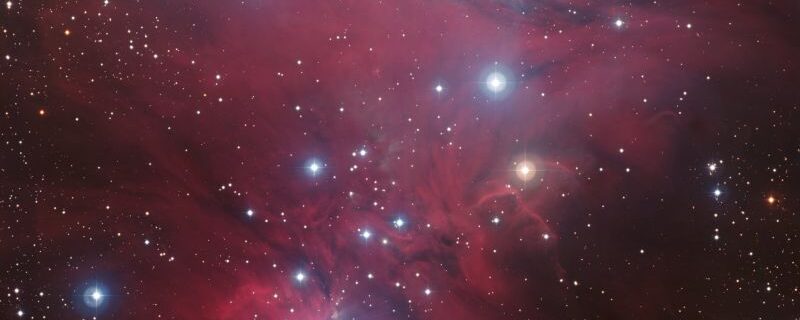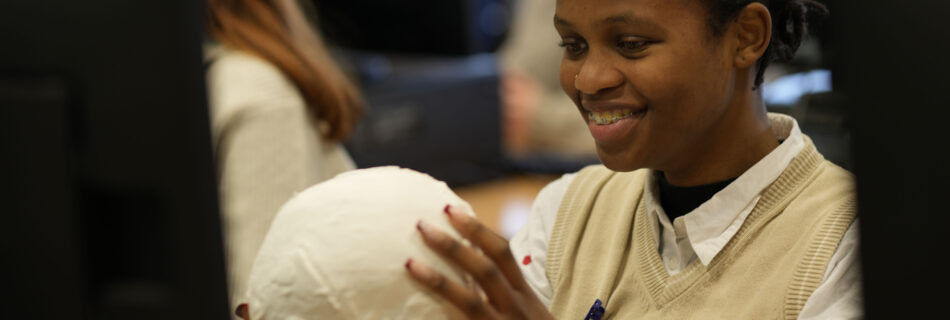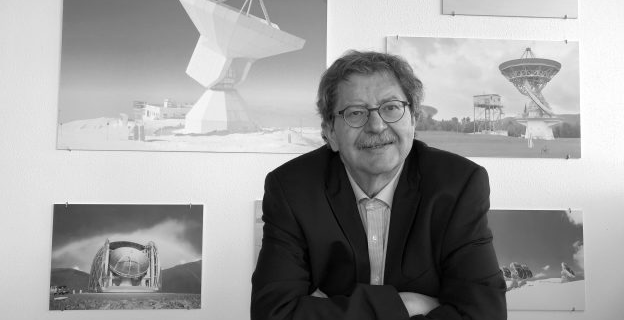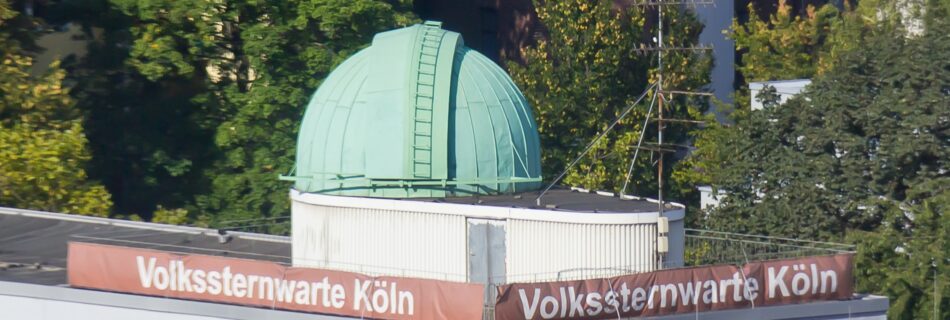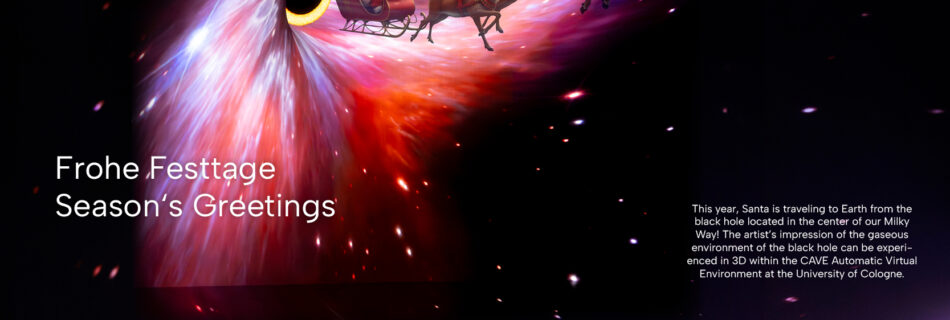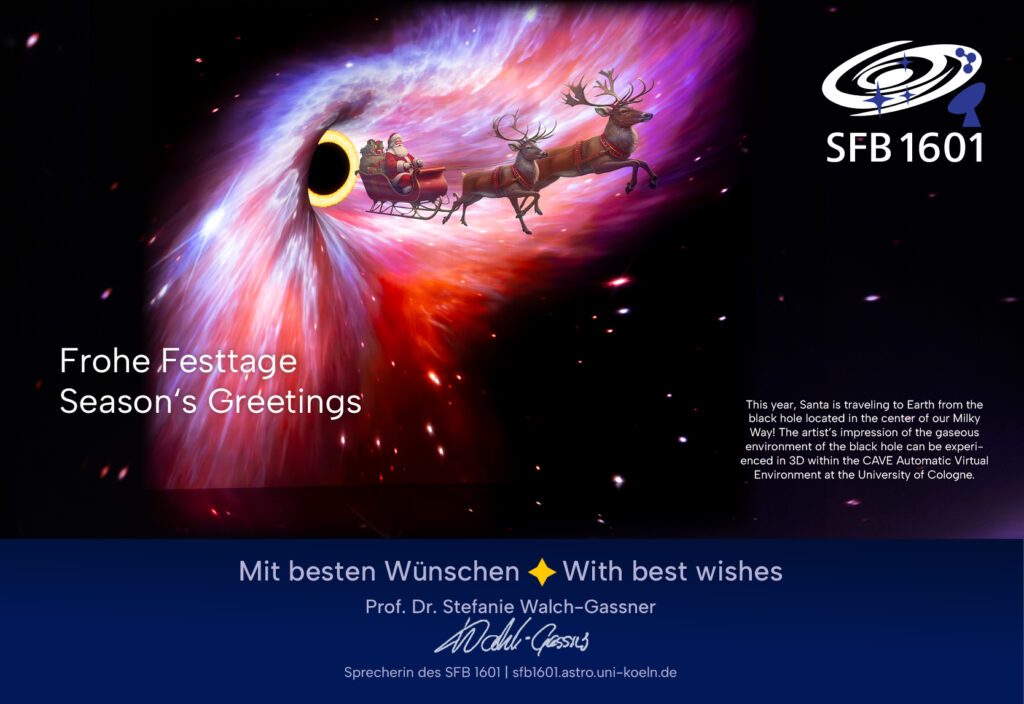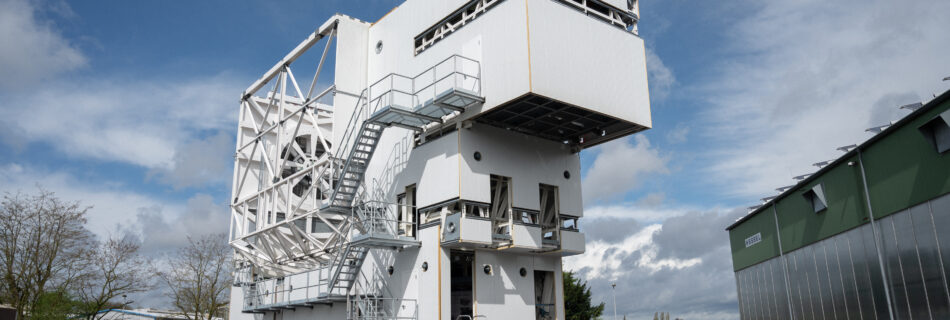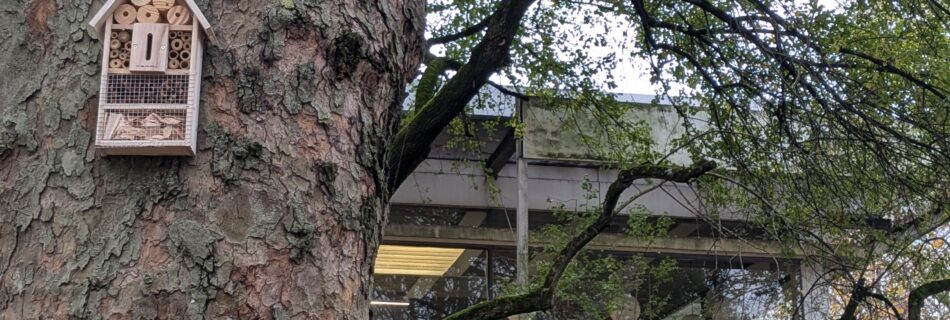Über einen vermeintlichen »Diamantring«, der an keinen Finger passt.
Der Nachthimmel dient schon lange als Inspiration für Musik der gefühlstriefenderen Art. Und tatsächlich: Es gibt Momente, in denen das Universum so wirkt, als habe es selbst eine heimliche Playlist. Kölner Astronom*innen haben im Sternentstehungsgebiet Cygnus X einen »Diamantring« untersucht. Ja, diamonds, wie bei Rihanna. Nur passt der Ring an keinen Finger, denn mit seiner Breite von zwanzig Lichtjahren liegt er mit Abstand auf Platz eins der Charts.
Dieser Ring leuchtet im infraroten Bereich »bright like a diamond« und hat natürlich eine dramatische Backstory. Einst war er eine prachtvolle kosmische Blase, aufgeblasen von einem Stern, der mindestens so viel Energie hatte wie Lady Gaga beim Super-Bowl- Auftritt. Doch dann – typisch Universe-Melodrama – ist die Blase geplatzt. Wörtlich. Gase entweichen, Form kollabiert. Übrig bleibt: ein kosmischer Ring.
Simon Dannhauer vom I. Physikalischen Institut erklärt es ohne jegliche Allüren: »Die Blase ist sozusagen ›geplatzt‹, weil Gase in die dünneren Bereiche der Umgebung entweichen konnten. So blieb lediglich die besondere flache Form übrig.« Ich sehe Mariah Carey vor mir, die zwischen Staub- und Gaswolken steht und haucht: »Like a star, youʼre shining in the sky…« Und der Ring so: Ja klar, aber bitte in Slow Motion. Denn er wächst mit gerade mal 1,3 Kilometern pro Sekunde – Schneckentempo für kosmische Verhältnisse.
Um dem Ganzen auf die Spur zu kommen, mussten die Wissenschaftler*innen mit SOFIA, einem fliegenden Observatorium in einer Boeing, über 13 Kilometer hoch steigen. Eine Art kosmischer Tourbus, mit den besten Instrumenten. Von dort oben sahen sie: Der vermeintliche »Diamant« im Ring – ein junger Sternhaufen – gehört eigentlich gar nicht dazu. Auch das noch: ein Weltraum- Sham! Er liegt ein paar hundert Lichtjahre davor, tut aber auf den Fotos so, als würde er zum Ring gehören. Alles eine Frage der Perspektive also.
Für Romantiker ist das natürlich ein kleiner Dämpfer. Kein echtes Schmuckstück, kein kosmischer Verlobungsring, nur Gas, Staub und optische Täuschung. Aber mal ehrlich: Wer braucht schon ein Tiffany- Schmuckkästchen, wenn das Universum uns ständig mit neuen Remixen aus »Stars Are Blind«, »Starlight« und »A Sky Full of Stars« versorgt?
Der »Diamantring« zeigt jedenfalls, dass selbst explodierte Blasen im All noch glamouröser aussehen als alles, was wir auf Erden je Glitzerndes in die Kamera halten. Und vielleicht ist das die eigentliche Botschaft: Im Weltall ist einfach jede*r ein Star – selbst dann, wenn man nur Staub ist, der ein bisschen hübsch im Licht funkelt.
von Anna Euteneuer, https://uni-koeln.de/en/university/news/cologne-university-magazine/unimag-single-view/shine-bright-like-a-gasblase
Original Article
